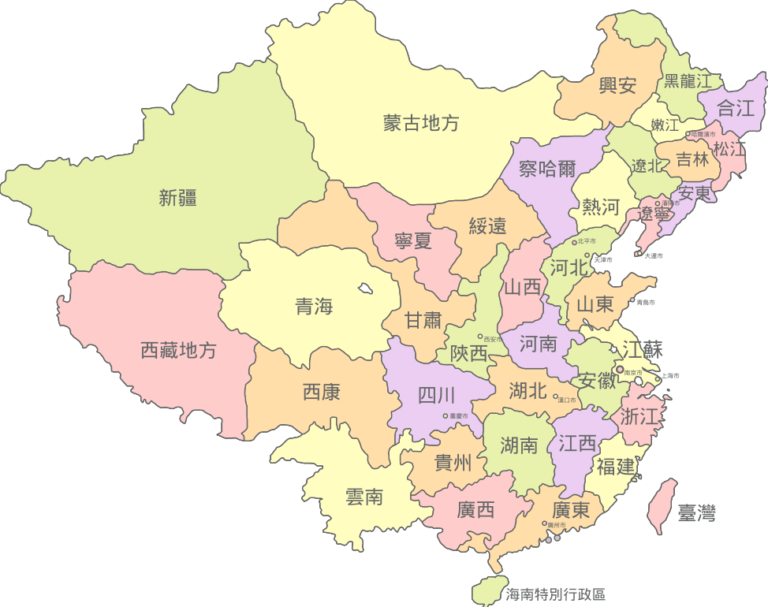July 5, 2018

4 – DNS
DNS in China is also unique for a several reasons.
1 – It is an integral part of the GFoC, and hence tightly controlled and centralized.
2 – All Chinese-hosted DNS is Unicast. There are no Anycast DNS services.
3- Global DNS Providers rarely have DNS Edge nodes in China, and when they do they are on a separate network which requires additional cost.
This results in foreign sites being put at a disadvantage, yet again. DNS lookups need to traverse the GFoC, and with the combination of network filtering, congestion and the generally flakiness of the UDP protocol, packets are often slow in returning or go missing all together.
The best solution is to use a China-based DNS provider like DNSPod or Alibaba DNS. This will keep your DNS records hosted within China, resulting in lower latency and higher availability. The trade-off is that even the more expensive paid versions of these DNS Services have poor international DNS coverage. This is another reason why I suggest a totally separate Chinese site if possible.

5 – Software Design
Naturally, the challenges listed above cannot be overcome by infrastructure alone. Many optimizations need to be baked into the software itself. Including:

Conclusion
Do not think of China as a single market. It is a gigantic country. The 4th largest in the world by landmass and the 1st in the world by population with a staggering 1.4 billion people. It is divided and governed by 34 independent provincial bodies. It operates at a size and scale that is difficult for Western nations to comprehend. (Have you ever heard of Tianjin? Probably not… but it is a Chinese city with 3x the population of Finland.)
China truly has its own unique flavor of the internet. Its Government policies have created a cyberspace which favors home-grown players to foreign competition. Far too many internet companies have looked to China for growth, rushed in without careful planning and failed miserably. Competing successfully in the Chinese market requires knowledge and investment into both product and technical localization. With the right planning and tools, you can scale the great firewall and deliver the same experience to Chinese customers that other users enjoy worldwide.
If you plan to expand your online business into China, make sure you work with a team who has the experience and knowledge of the unique challenges in this market . Takehan Technologies specializes in optimizing online products for China and other emerging markets. Contact us if you’d like to learn more.
